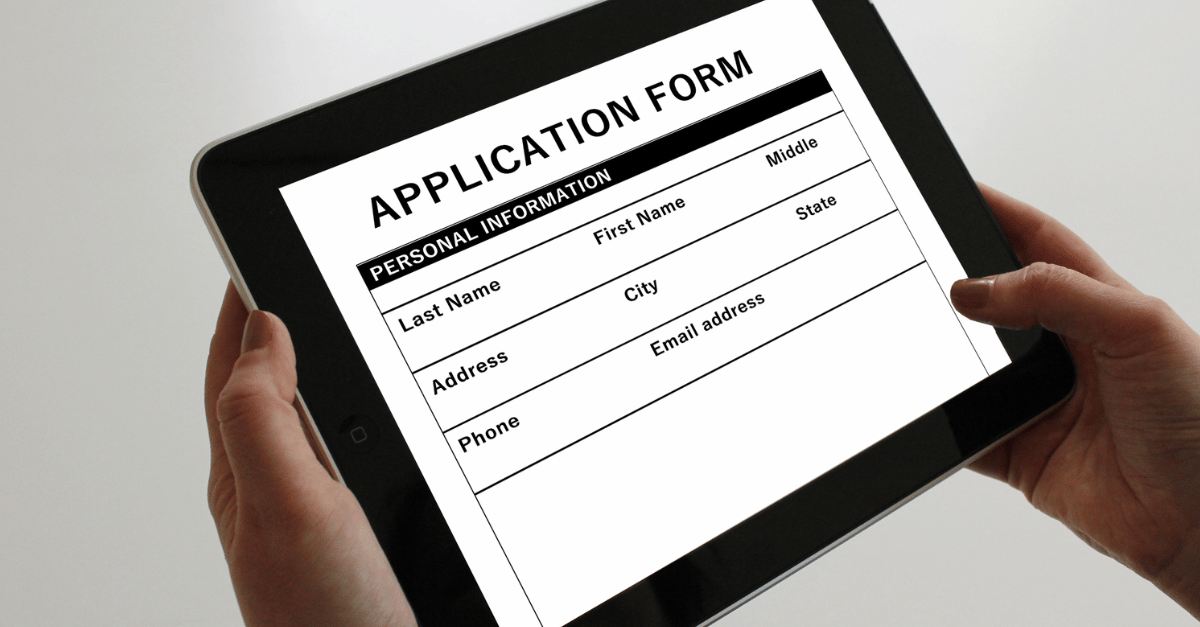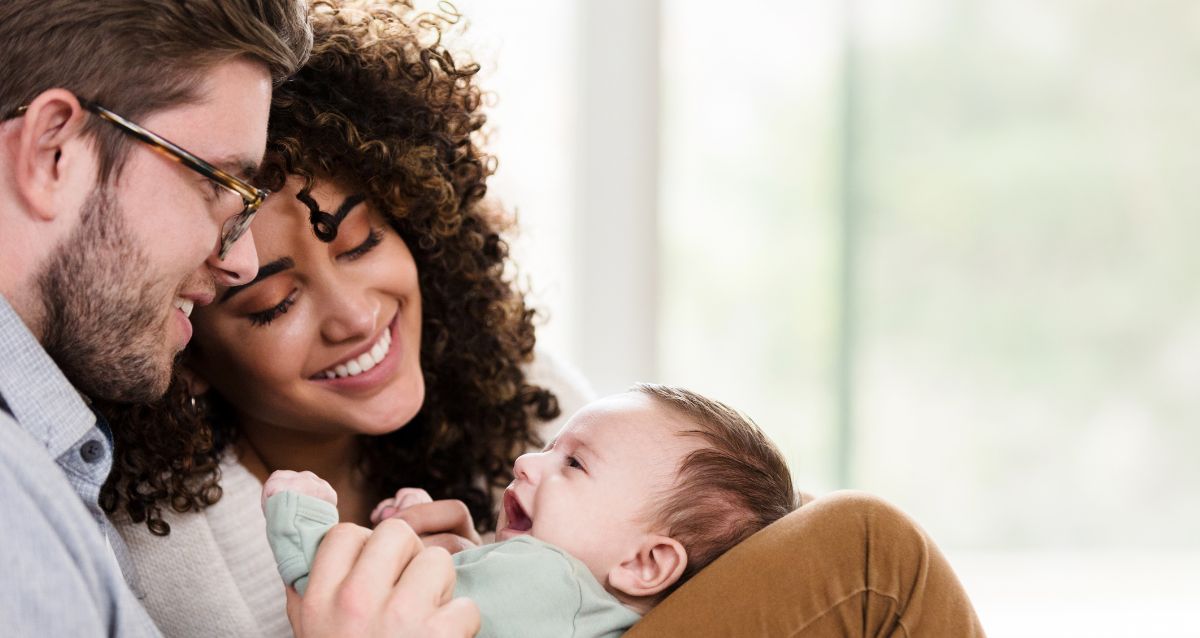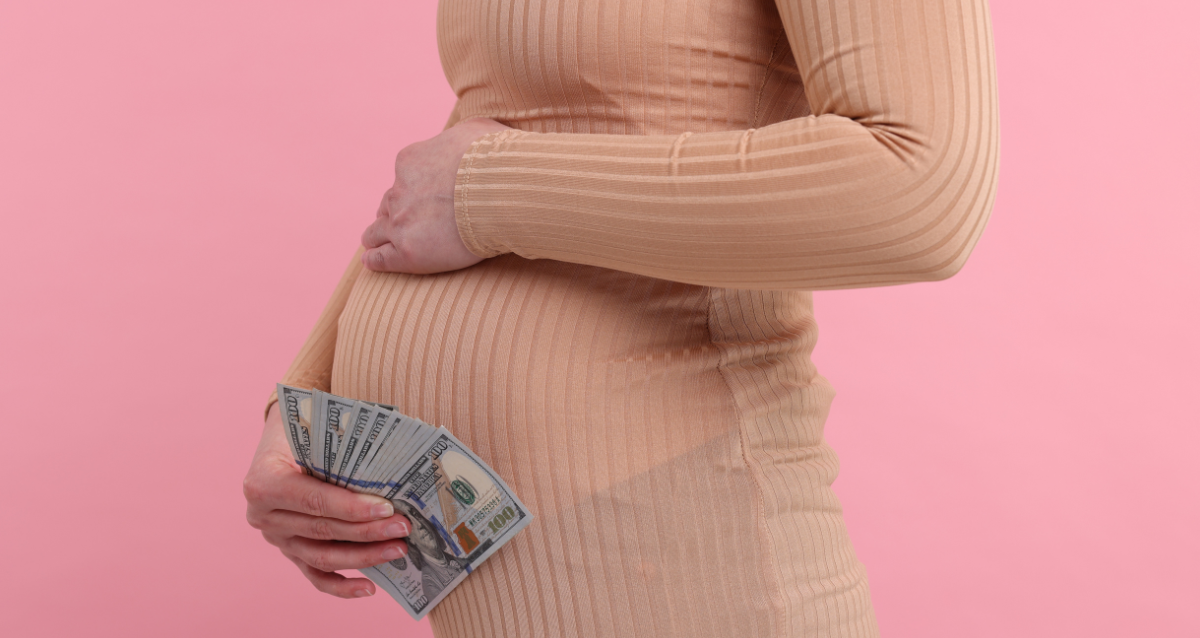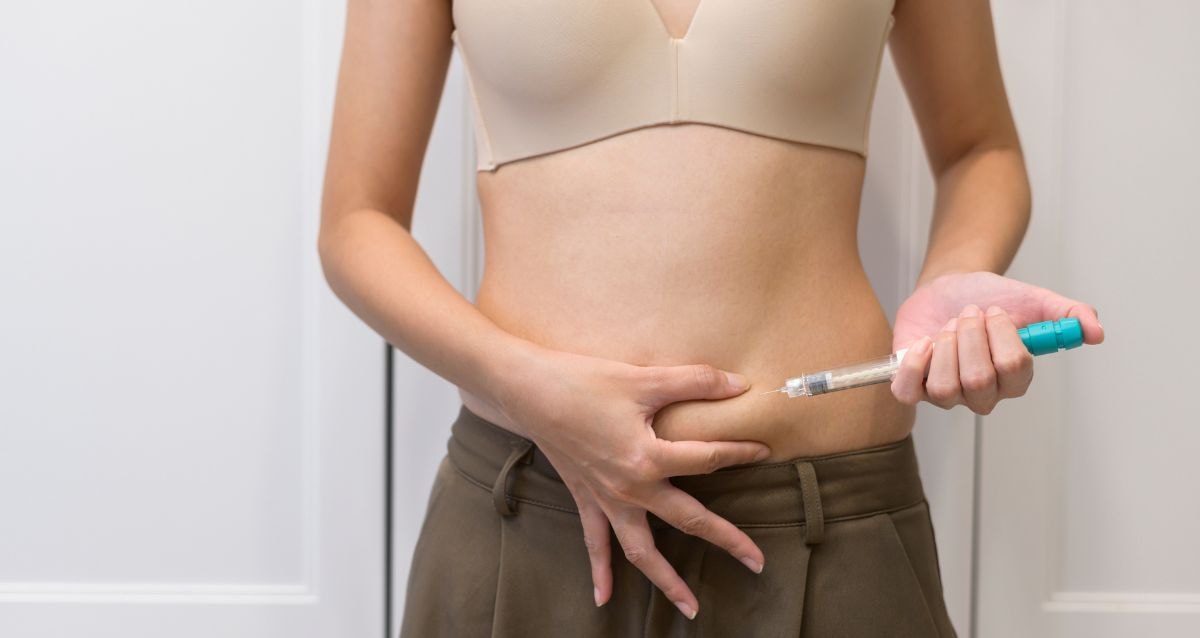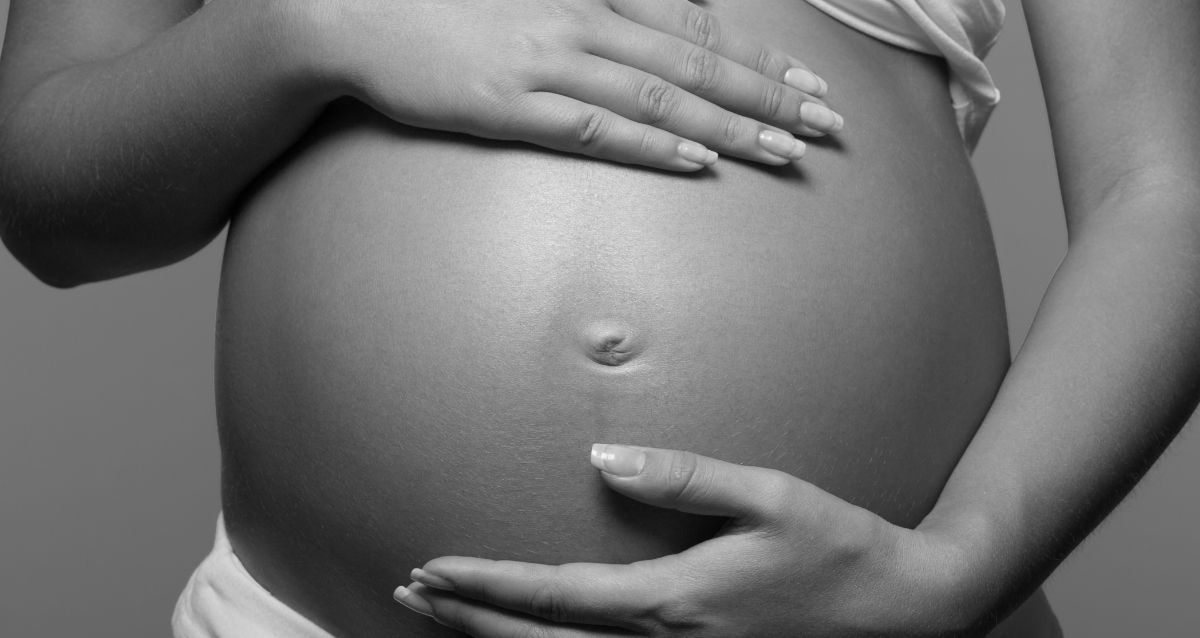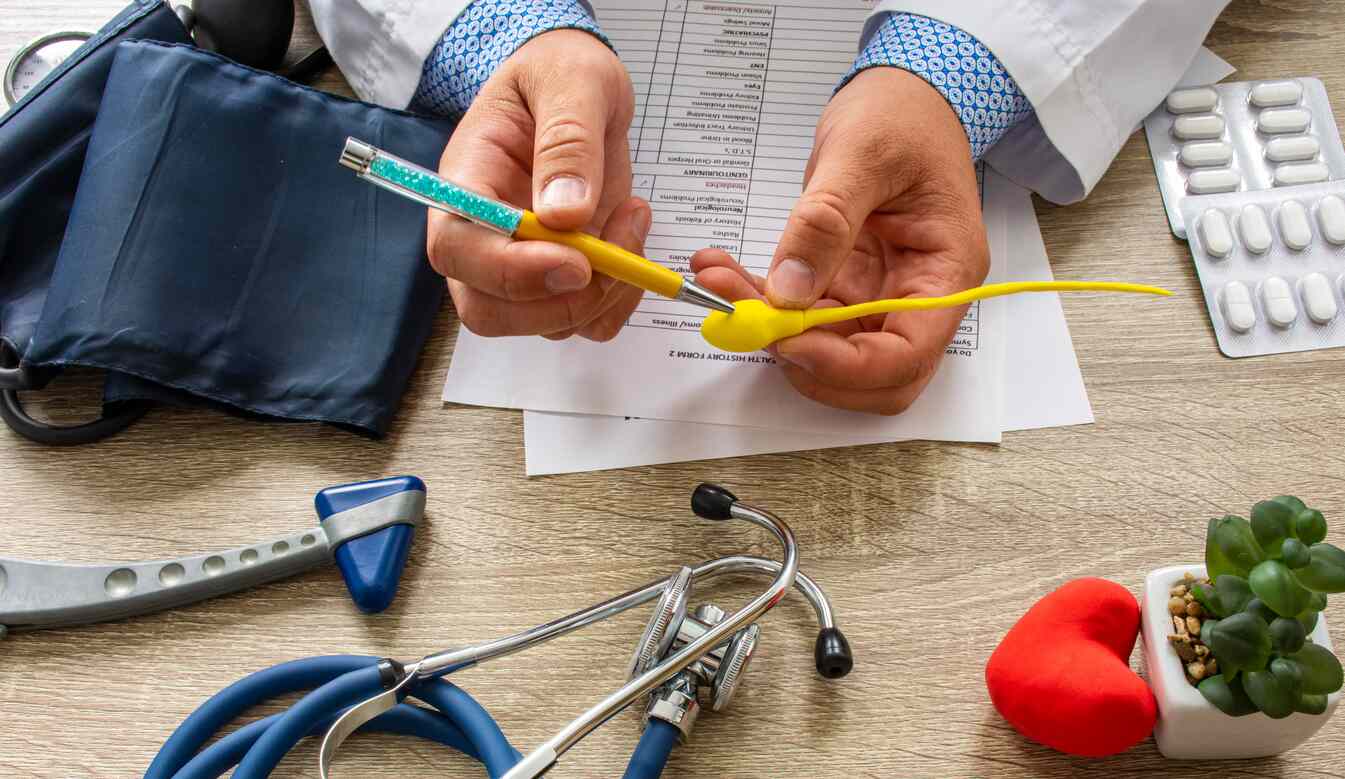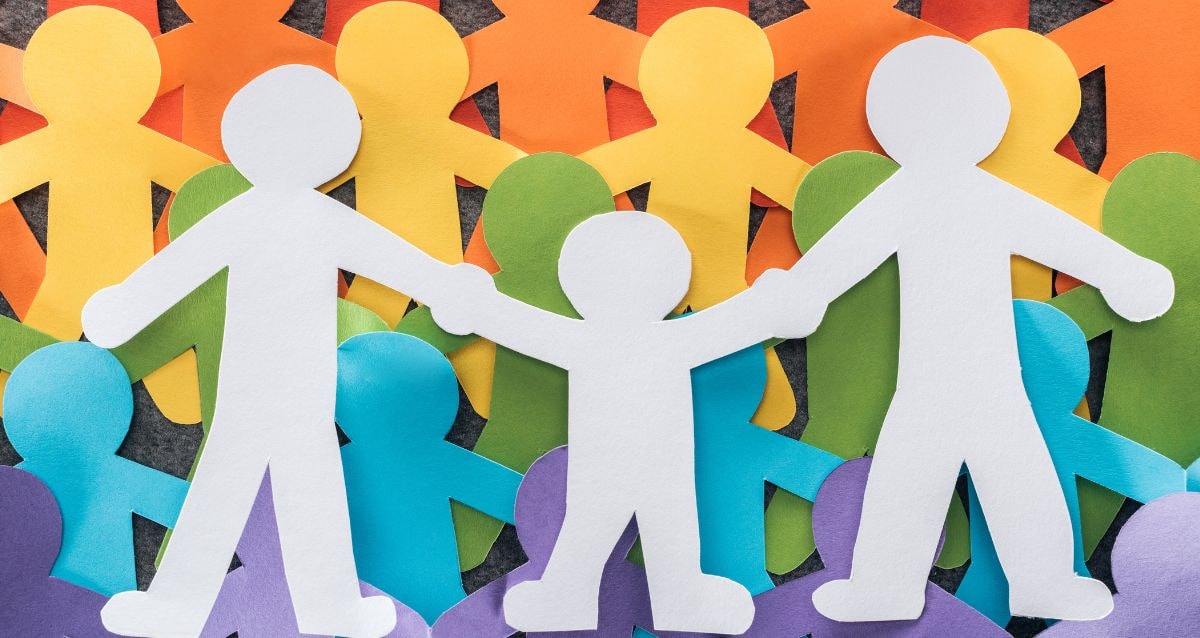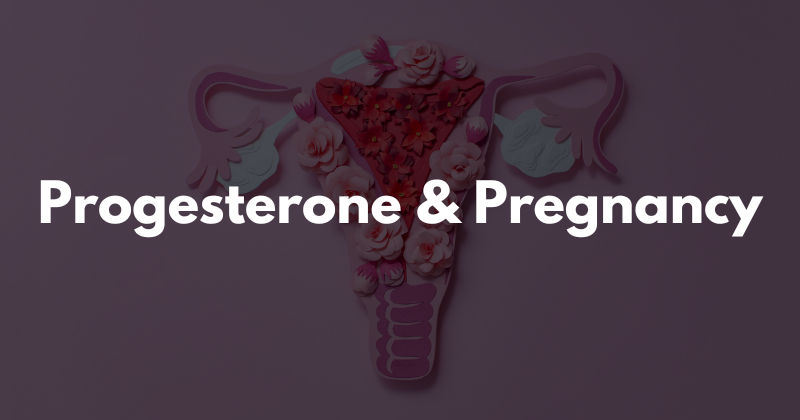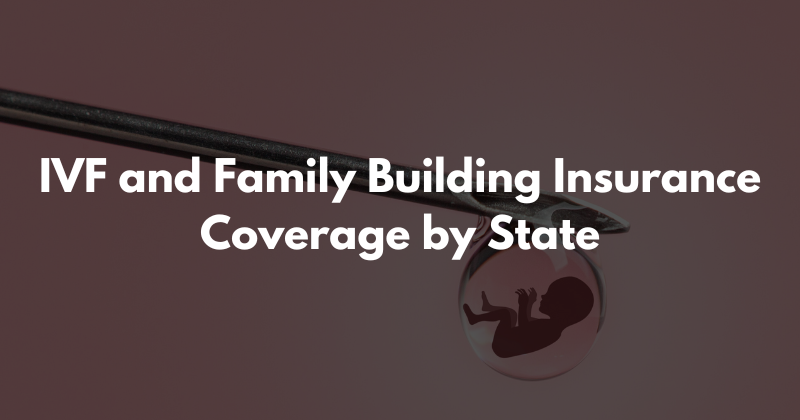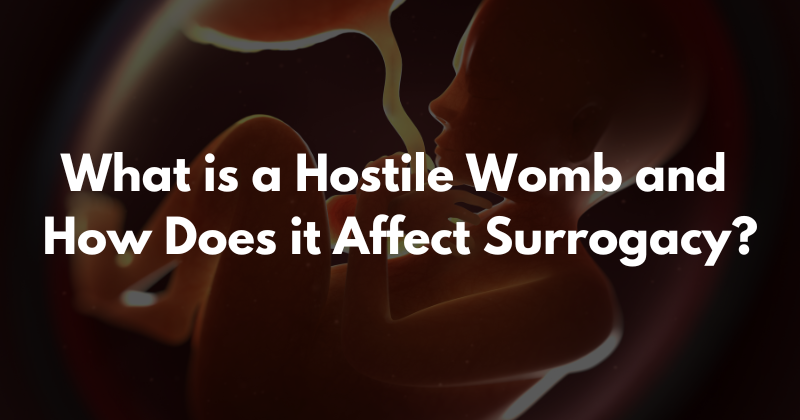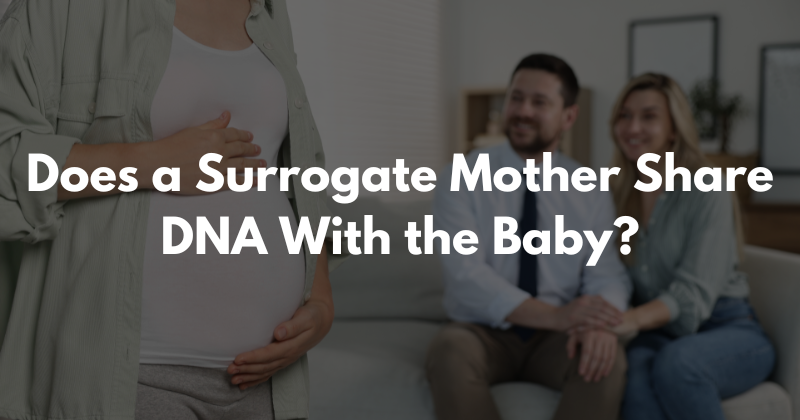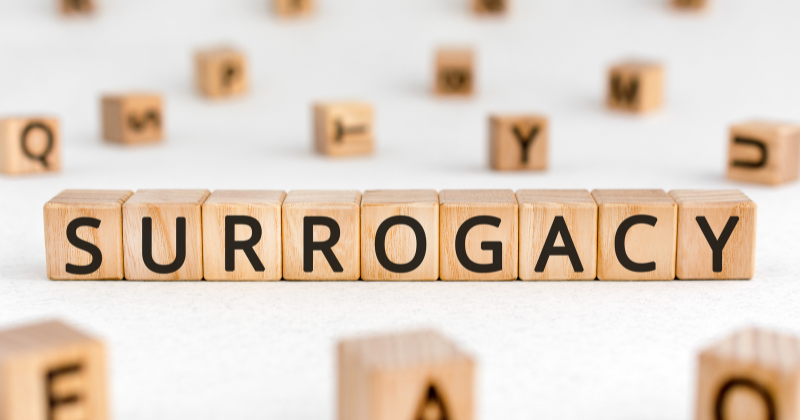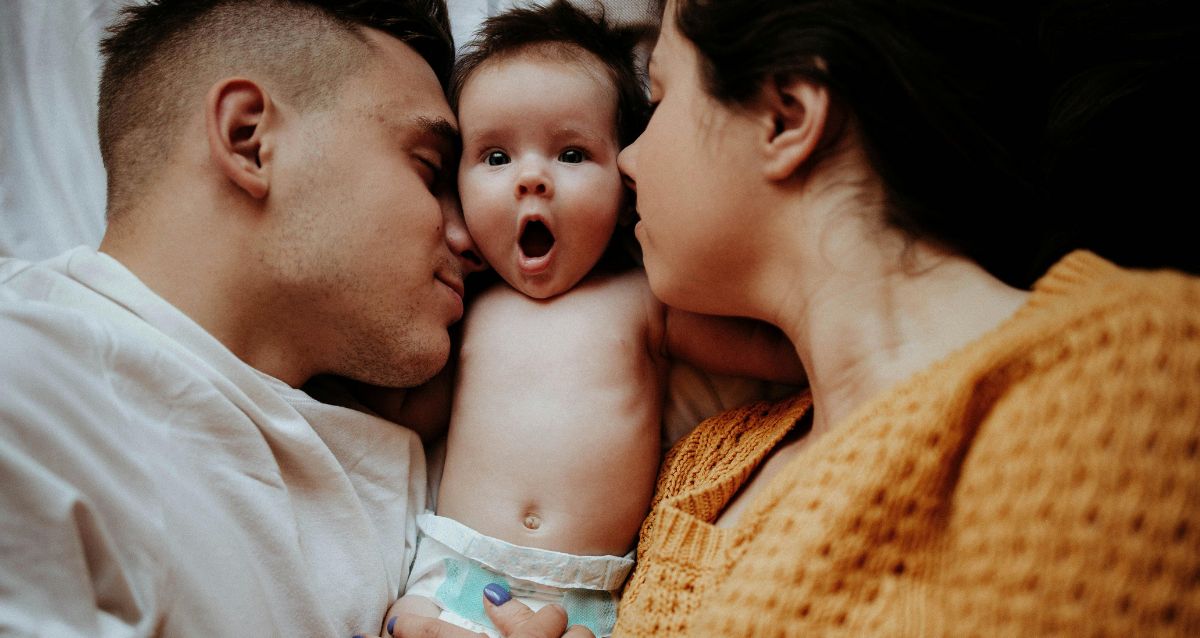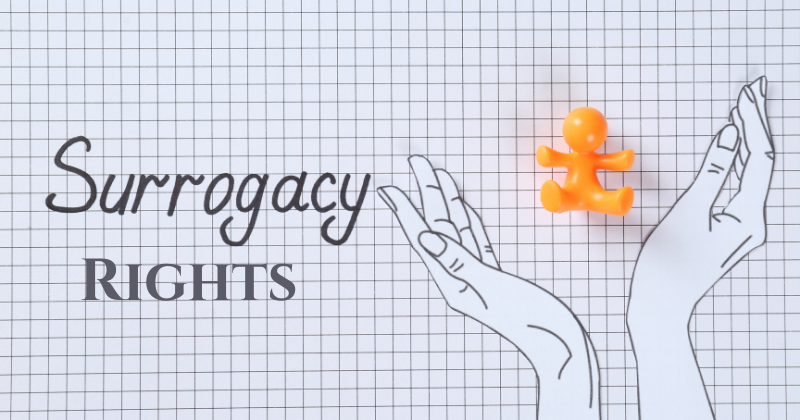
To learn more about the process to becoming an egg donor, we welcome you to reach our egg donation process page.
Here’s a step-by-step breakdown of the process, including egg donor requirements, the screening process, egg retrieval, and more.
Step 1: The Application Process

As a prospective donor, you’ll complete a confidential online application. We’ll review your health history, family history, and ensure you’re free from medical complications like infectious diseases or substance abuse. Once accepted, you move forward in the egg donation process.
Overview of Basic Criteria for an Egg Donor:
- Healthy female, 21-28 years old
- Regular menstrual cycles
- Healthy BMI (19-29)
- No STDs
- Non-smoker and drug-free
- Psychologically healthy, with no psychotic disorders
- No recent tattoos or piercings
- No recent use of depo-provera, hormonal IUD, or childbirth
- Willing to undergo medical and psychological evaluations and take injectable medications (egg donor medication list)
- Mature, dependable, and committed to completing the donation process
Step 2: Matching Process & Legal Contract
After completing your egg donation application, you’ll be added to our password-protected donor database. Intended parents seeking donor eggs can view your profile. When you’re matched, we’ll provide non-identifying information about the recipient, and you’ll decide if you want to proceed.
If both you and the intended parents agree, a legal contract will be prepared by a reproductive medicine lawyer to protect all parties involved. The legal fees are covered by the intended parents.
Step 3: Screening Process

This process minimizes any increased risk to both the donor and the recipient. Ensuring your egg production is at a healthy level and free from health concerns, like a history of cancer, is crucial for a successful pregnancy.
Step 4: Cycle Synchronization, Egg Retrieval, and Recovery
After passing the screenings, you’ll begin medications to stimulate egg production. This synchronizes your cycle with the recipient’s, preparing your ovaries for egg retrieval. The egg retrieval process takes several days, during which a fertility specialist monitors your progress.
Once your eggs are ready, the egg retrieval procedure is performed. The retrieved eggs are then used for in vitro fertilization.
Why Consider Becoming an Egg Donor?

Egg donation is a safe and monitored process. Our medical team will address any concerns, whether it’s about medications, the screening process, or how your health and school schedule will be accommodated.
At Creative Love, we prioritize your health and ensure that all prospective donors fully understand the egg donation process and are committed to it. We’ll guide you every step of the way.
Ready to donate eggs or learn more? Contact us today to see if egg donation is right for you.
Frequently Asked Questions
Do I need to have previous pregnancies to become an egg donor?
No, previous pregnancies are not required. Many egg donors have never been pregnant. However, having a history of fertility can sometimes be a positive factor in the selection process.
Can I donate eggs if I’m currently using birth control?
Yes, certain types of birth control, such as the pill, patch, or ring, are generally acceptable. However, long-term birth control methods like depo-provera shots or hormonal IUDs might need to be stopped before starting the egg donation process.
Why is there an age requirement?
The age range of 21-28 is typically preferred as it ensures donors are at an ideal age for fertility. Egg quality tends to decline after 30, which could impact the success of egg retrieval and fertilization.
Why are psychological evaluations part of the process?
Egg donation can be an emotionally complex journey. Psychological evaluations ensure that donors fully understand and are prepared for the process, making sure that they are comfortable with the emotional and physical aspects involved.
Is there a specific medical history that would disqualify me?
Certain medical conditions, like STDs, genetic disorders, or a history of serious health issues, may disqualify you. During the screening, you’ll provide a detailed health history to assess eligibility.
Wendy Arker entered the field of infertility with a huge heart and passion to guild others on their quest to grow their own family after her personal journey with infertility and turning to egg donation and sperm donation to create her own family. Being a single-mother-by-choice, Wendy understands firsthand the unique way families are built. Whether you’re a married couple, single, or LBGTQ, Creative Love is committed to assisting you.


